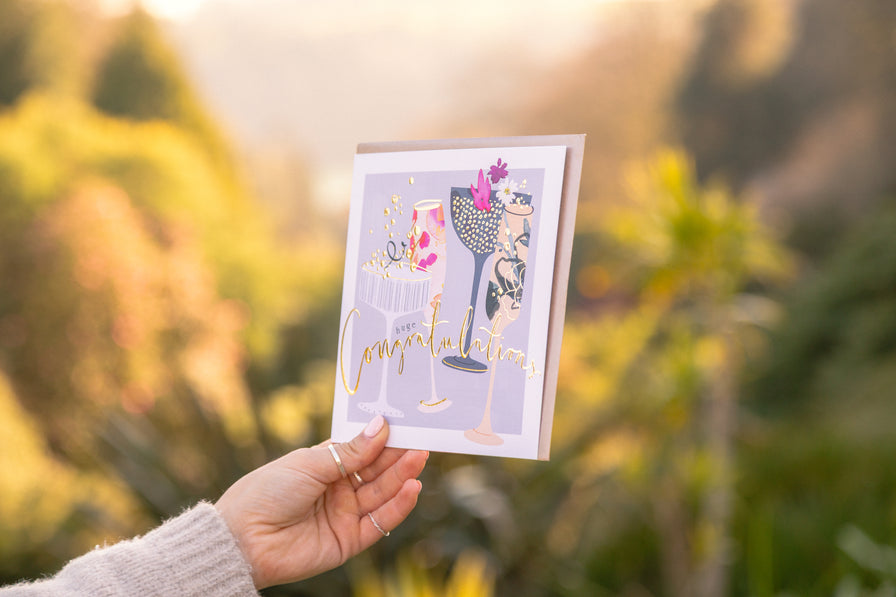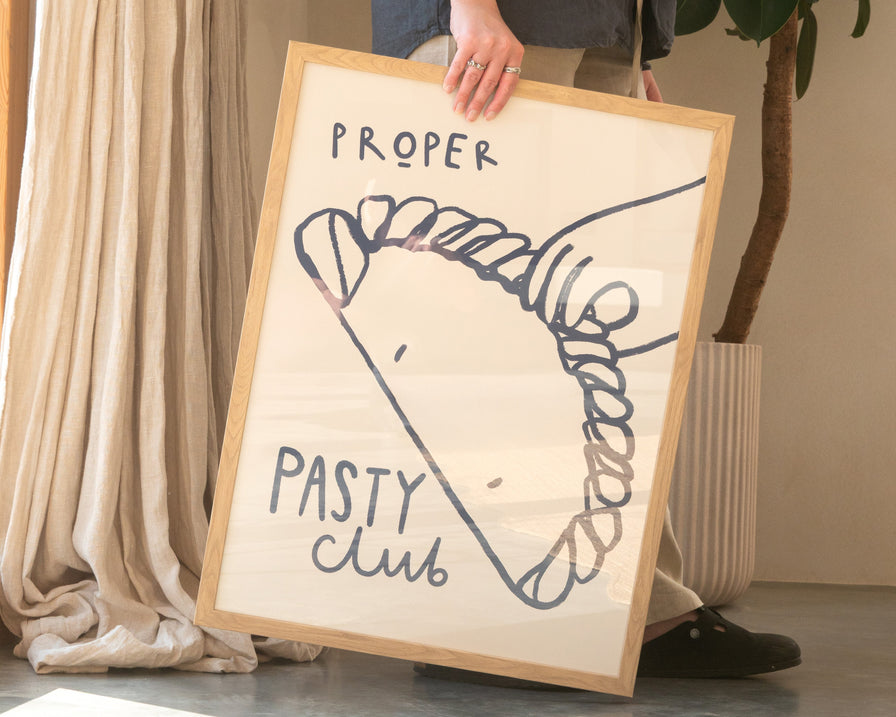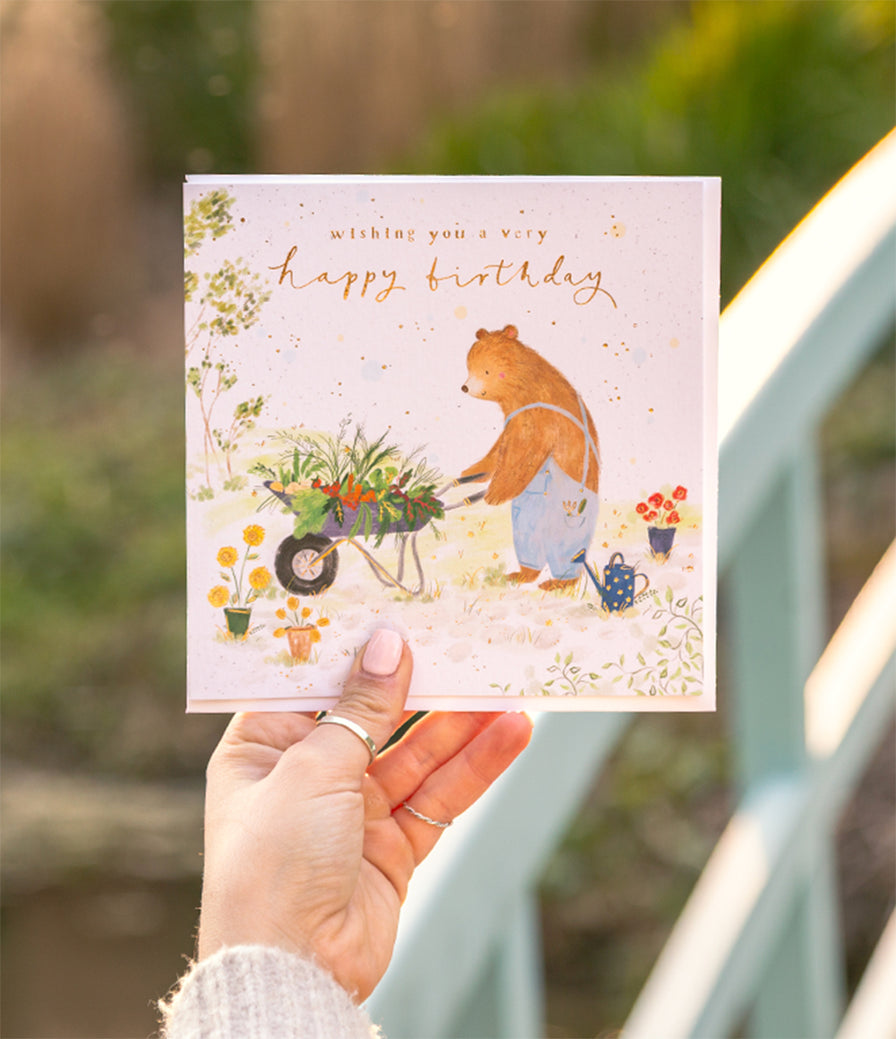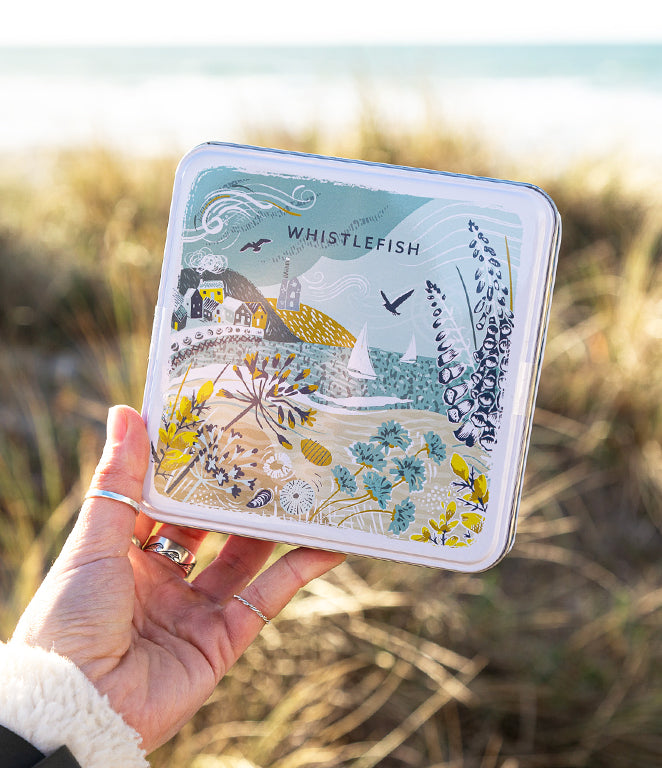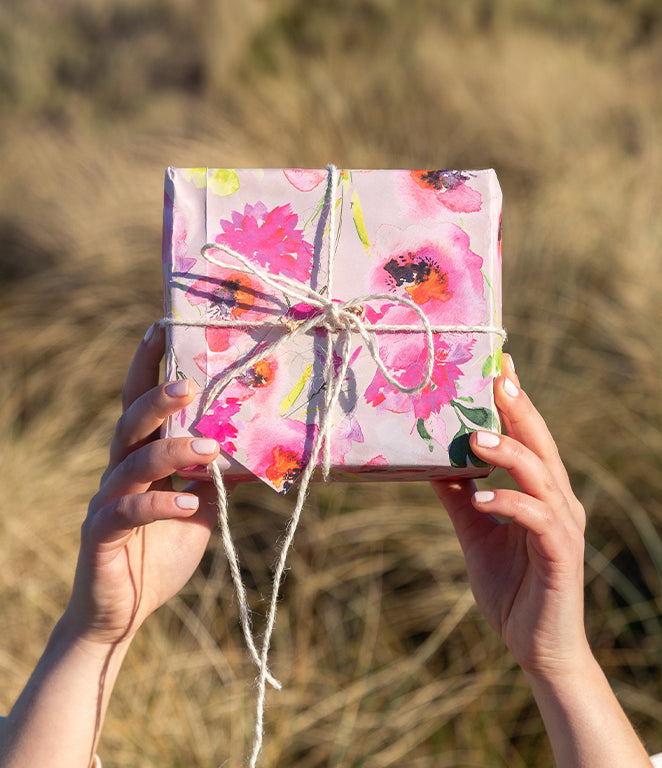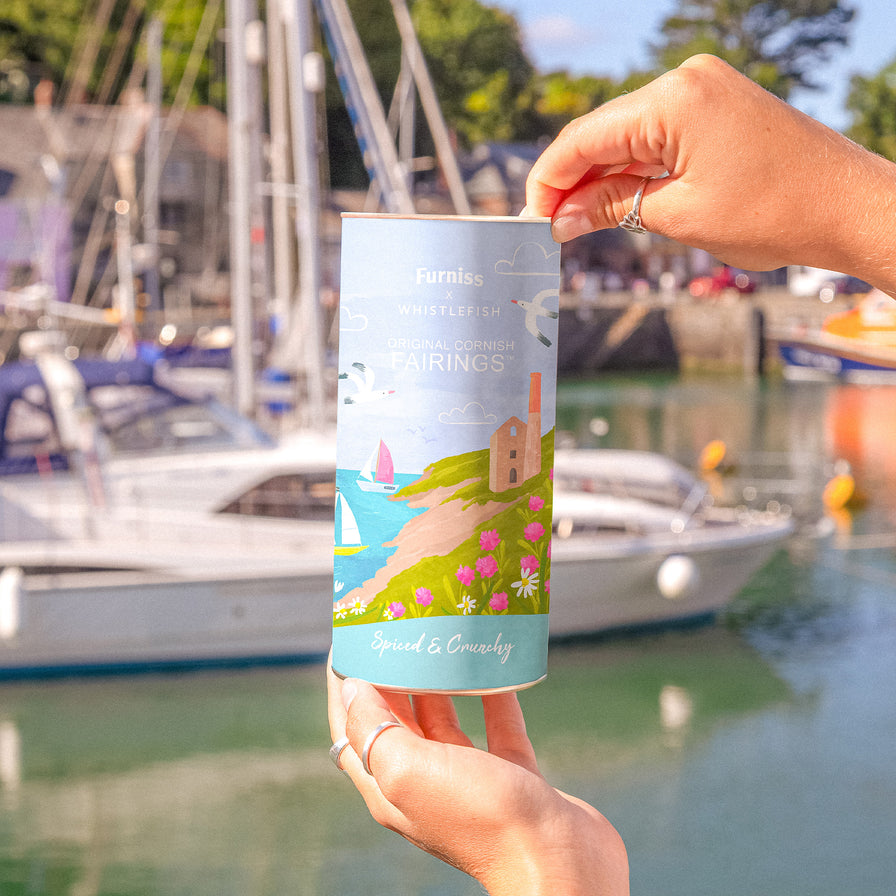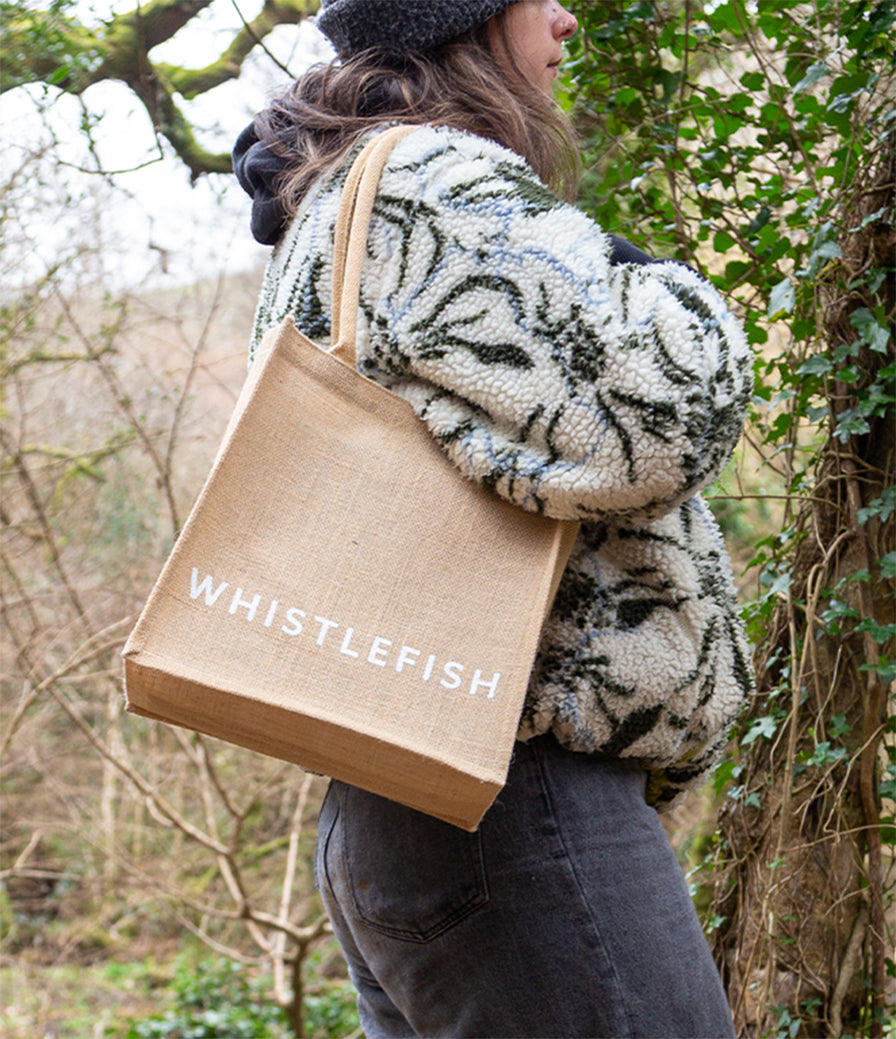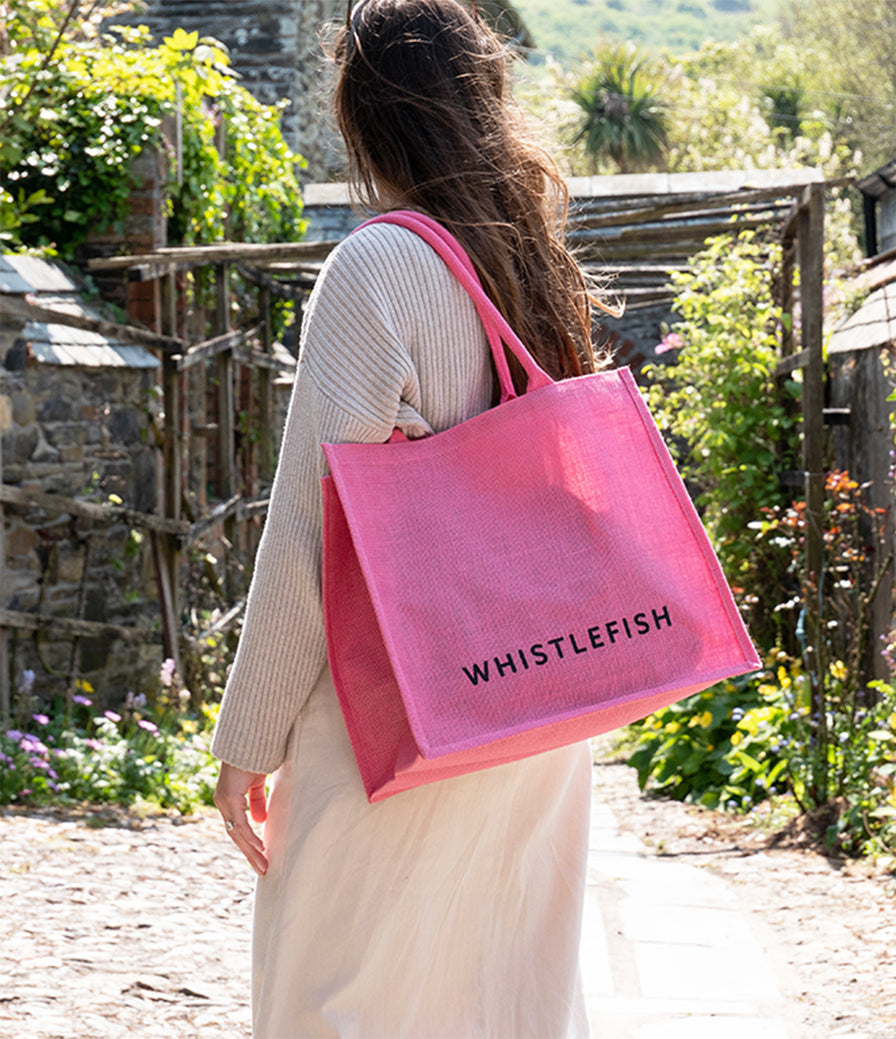10 Things You Didn’t Know About Gorse

You’ve likely seen gorse (also known locally as Gorsedh) lining fields and hedgerows, perhaps without giving it much thought. Yet, according to the Wildlife Trusts, the countryside wouldn't feel complete without this versatile shrub. Here are some fascinating facts and uses you might not know about.
1. Gorse has many alternative names, including gorse, furze, thorn broom, Irish furze, prickly broom, and whin.
2. It's an evergreen shrub, typically flowering between January and June, though it can bloom at other times of the year, brightening landscapes with its cheerful yellow petals.
3. Thanks to its prickly, dense foliage, gorse is excellent as a natural barrier, keeping livestock safely contained and predators at bay. It's also a vital shelter for wildlife, as confirmed by many gardeners and landowners. You can see how gorse fits into the broader Cornish landscape in our Cornwall art collection.
4. According to British Local Food, gorse flowers offer significant nutritional value. Horses, sheep, cattle, and goats enjoy nibbling on them, with cows producing especially rich milk after feeding on gorse.
5. Historically, gorse was valuable as fuel for bread ovens and was also utilised in soap-making due to its high alkali content.
6. Belonging to the pea family, gorse flowers are edible for humans too. They make delightful additions to salads, teas, and non-grape wines. The buds can even be pickled like capers—but moderation is essential, as excessive consumption can be toxic. Avoid eating the seeds!
7. The flowers emit a subtle coconut scent and almond-like taste, ideal for infusing into liquids such as gin. Innovative chefs are increasingly incorporating gorse into their baking and cooking.
8. In 79 AD, Pliny the Elder, an ancient Roman naturalist and jeweller, named the plant "Ulex". He reportedly described placing gorse in streams and burning it to capture gold dust carried downstream via gold‑washing.
9. Native to Ireland, gorse thrives globally in regions such as Europe, California, North Africa, and Canada, particularly flourishing near coastal areas.
10. A bizarre incident reported by the Northern Echo occurred in 2005 when a man became trapped in a gorse bush while walking home from the pub. Stuck ten feet deep into dense hedging, he required helicopter rescue after two days!
Explore Further
We’re committed to making a positive impact on the planet. From thoughtful packaging to local production, every step we take is designed to reduce our footprint.
Read more about our latest reforestation efforts in Cornwall through our Celtic Rainforest restoration project.
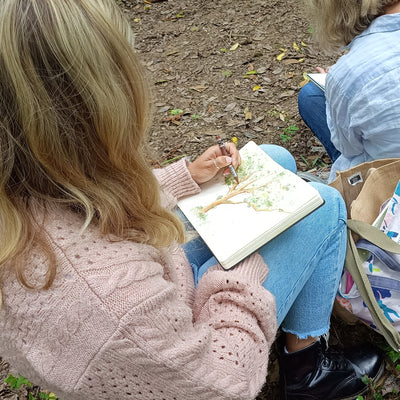
Whistlefsh Journal
All blogs are created by our wonderful in-house team.
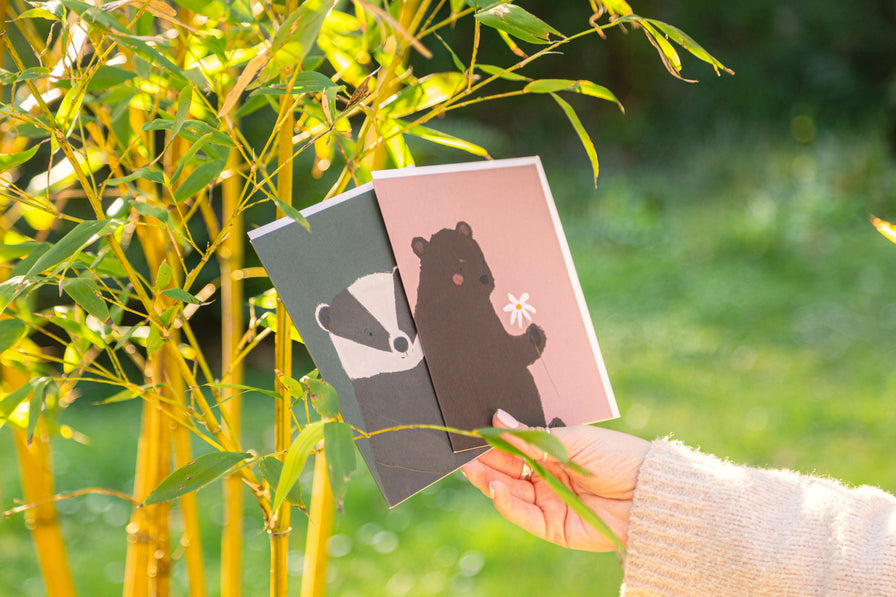
Our Offers
Discover









